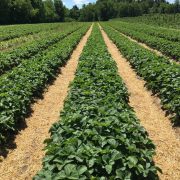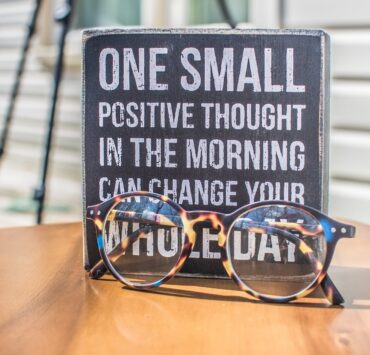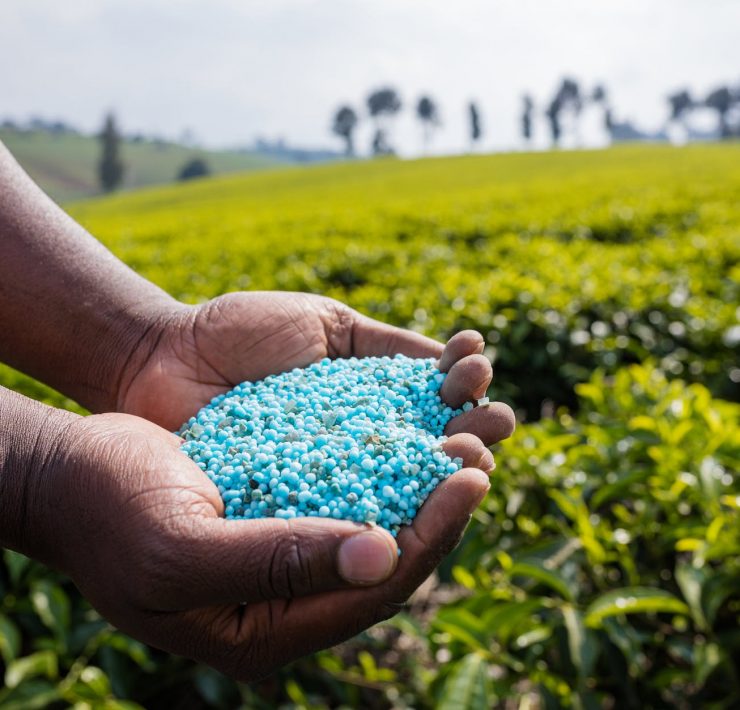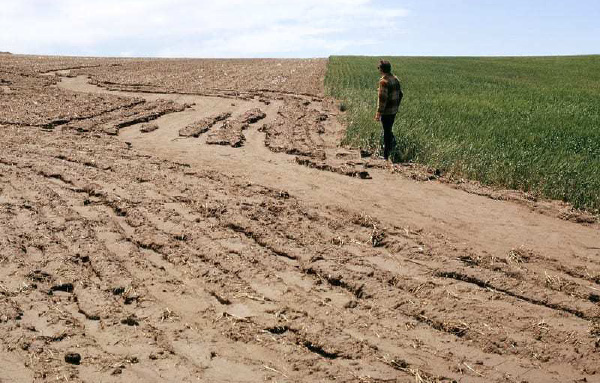A Farmer’s Guide to Improving Soil Quality
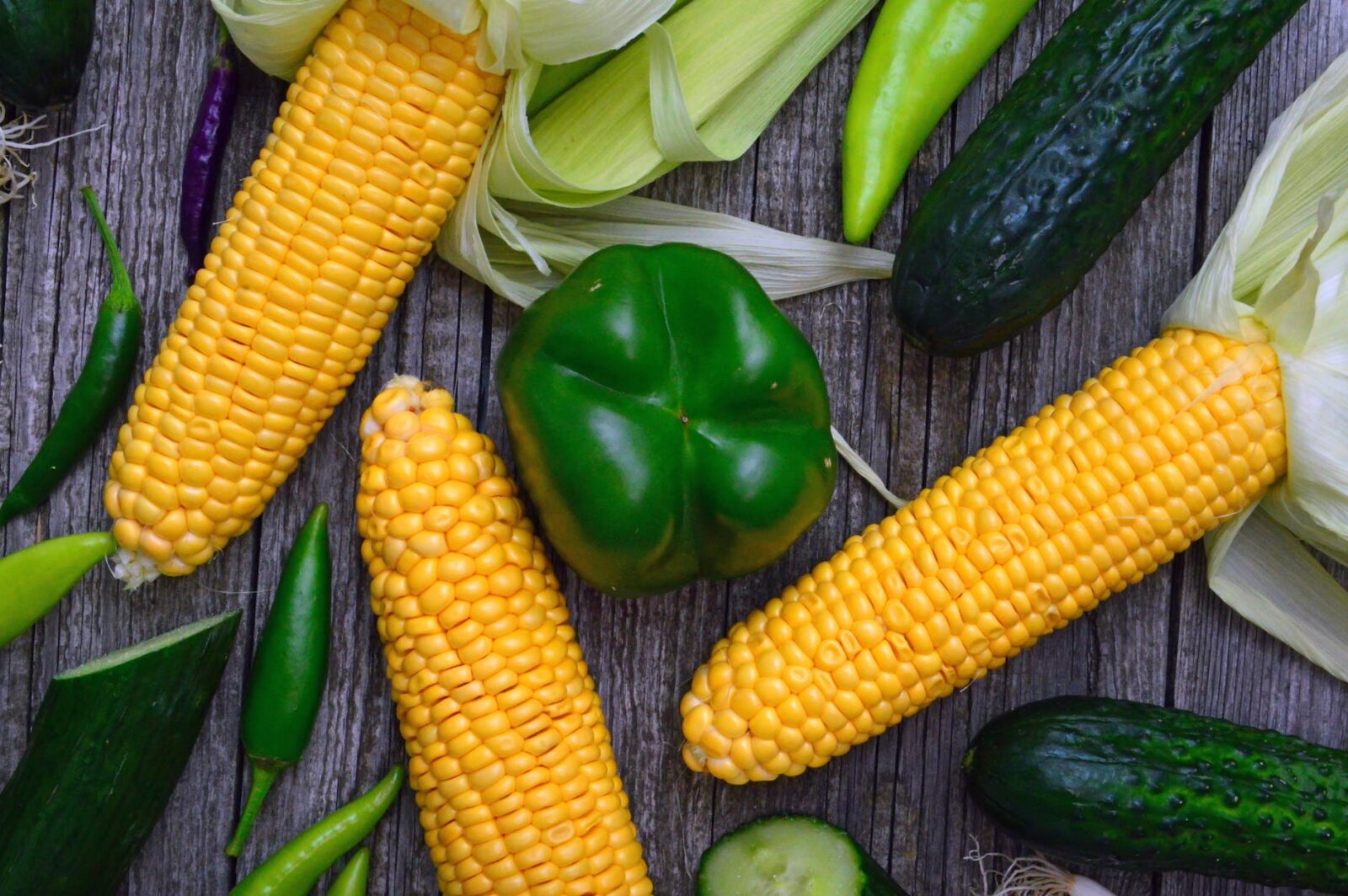
Sylvia Kuria is an organic farmer in Kenya who founded…
This story was originally published by the IFOAM Southern African Network and later by Organic Without Boundaries.
When I started my journey as an organic farmer, I must say I was quite ignorant when it came to the issue of soil management. Since I was farming sustainably, I felt that whatever intervention I would employ on my soil would give me good results.
I had learned that diversity is good and I went ahead and planted several vegetables and fruits. Naturally, some did well and others did not. I guessed that this was mainly because of different factors including my soil type, altitude, effects of pests and diseases, and other factors.
I was in this state for about two years until I was challenged to stop assuming the state of my soil and take a soil test to ascertain our soil type.
Hear Sylvia’s message during the #IGrowYourFood action day © IFOAM – Organics International
A soil test is the first step!
You can imagine how painful it was for me when I bought expensive vegetable seeds, prepared a nursery, planted them and nothing germinated! I was in total shock because we had employed all our nursery management practices to a tee! When the frustration became too much, I finally took my soil for testing.
Statistics show that only 8% of Kenyan farmers take their soil for testing. This is quite appalling! It means that 82% of farmers are not farming to their full potential because they have no idea what is in their soil and what kind of crops or interventions they need to employ for maximum output. To cut a long story short, my soil had a very high pH of 8, which means that my soil was sodic, basically highly alkaline, or with high salts. Sodicity in the soil is the presence of a high proportion of sodium ions relative to other cations.
Our farm is in a semi-arid area also close to a volcanic mountain in the Rift Valley, which would explain why the soil was alkaline. Sodic soils inhibit germination and plant growth and causes stress to the plants, which become susceptible to pests and diseases.

Sylvia shows how organic practices nourish the soil! Click here to read our factsheet on the topic © Sylvia Kuria
What is soil pH?
Soil pH is a measure of the acidity or alkalinity of the soil. The scale ranges from 0 to 14 with 7 being neutral. Most soils have pH values between 3.5 and 10.
In higher rainfall areas the natural pH of soils typically ranges from 5 to 7, while in drier areas the range is 6.5 to 9. Soils can be classified according to their pH value: 6.5 to 7.5—neutral. The ideal pH range for growing fruits and vegetables is 6-7. Inherent factors that affect soil pH include climate, mineral content, and soil texture.
The pH of newly formed soils is determined by the minerals in the parent material. Any pH reading below 7 is acidic and any pH above 7 is alkaline. A pH of 7 indicates neutral soil. The pH is important because it influences the availability of essential nutrients.
Once you know your soil pH, it is good to consider crops that do well depending on your soil. We should however continually work towards getting an ideal soil pH of 6-7 to enable us to make soil nutrients available to plants and help us grow a wide variety of fruits and vegetables.

Strategies for building good soils
- Green manure: This is my all-time favourite go-to method for improving the quality of my soil. It entails planting legumes like beans and then incorporating them back into the soil when they are about 4-5 weeks old before flowering. Green manuring is an effective way to improve soils as it helps to build the soil’s organic matter and structure, supplies nitrogen for the following crop, prevents the leaching of soluble nutrients in the soil, and provides ground cover to prevent damage to soil structure. Green manuring is favourable for large-scale farmers who might not manage to have access to compost for large tracts of land.
- Crop rotation and companion planting: These are beneficial practices when building soil. I have found that rotating my crops with legumes helps to increase nitrogen and carbon material in my soil especially if I incorporate the plants in the soil. Legumes as companion plants also help the soil as well as reduce fertiliser costs as they provide nutrients for companion plants. In my experience, I have found beans as leguminous plants are normally good companions for maize, potatoes, brassicas, cucumbers and tomatoes.
- Composting: This is a common soil amendment method that is used by many farmers. It is favourable for smaller-scale farming. I have found that there are many methods of making compost, and I will not go into the details of which are the best methods. Composting can be seen as time-consuming and laborious, but it improves the structure and health of your soil by adding organic matter, helps the soil retain moisture and nutrients and attracts beneficial organisms to the soil, and reduces the need for pesticides and fertilisers.

Find out more about the state of our soils! © Organic Without Boundaries
In my own experience, I have found a few composting tips that have ensured high-quality compost:
- Avoid using weeds that have flowered and seeded because seeds do not easily die.
- Add yeast and molasses. Yeast works as a fungus that helps break down compost and the molasses is food for the yeast to multiply quickly.
- Add essential microorganisms (EM1) to the compost to ensure an array of beneficial fungi and bacteria that enrich our compost as well as soils.
- Add wood ash as this helps to neutralise the pH and keep it balanced.
- Keep compost moist to ensure the microorganisms have a favourable condition to multiply and do their work of breaking down the compost.
At the end of the day, the most important step in building good soils is patience! It takes consistent dedication and patience to make sure that we build our soils to an optimum where we can grow food to ensure we deal with chronic food insecurity and hunger on the African continent.
In my journey as a farmer, I have been encouraged to see how my soil has grown and improved over the years. I always say one of the best things I will leave as an inheritance for my children is rich soil to grow food for many generations to come!
What's Your Reaction?
Sylvia Kuria is an organic farmer in Kenya who founded Sylvia’s Basket and is an IFOAM – Organics International ambassador who has conducted workshops to teach women and other smallholder farmers how to grow food organically.








